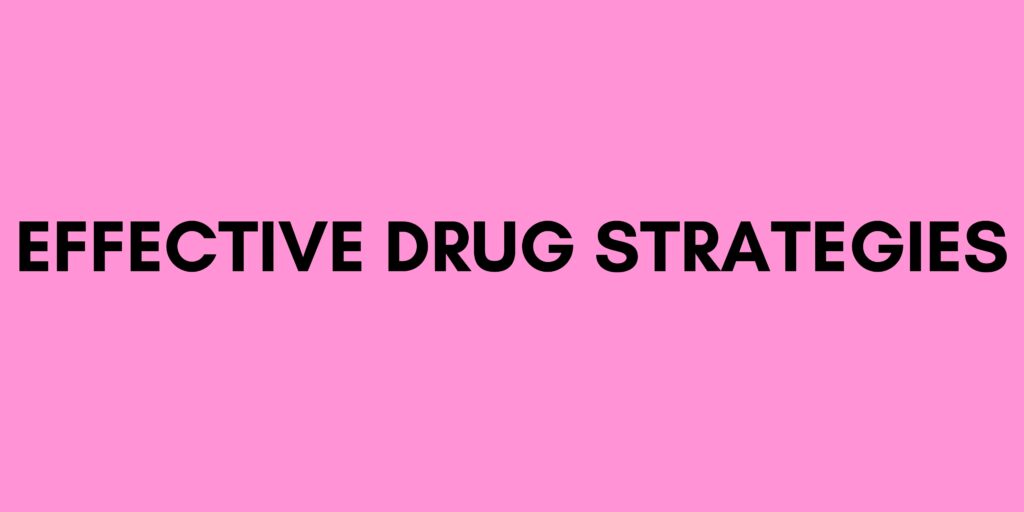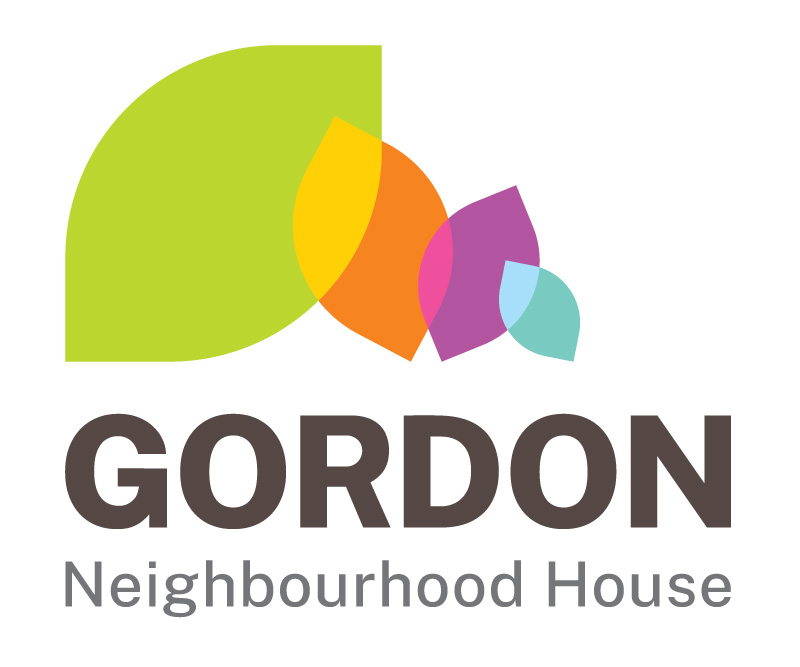Phone: 604-683-2554 | Email: welcome@gordonhouse.org
Effective Drug Strategies

Earlier this year we conducted a community survey to find out what neighbours were interested in learning more about when it comes to issues regarding housing and homelessness. 19% of respondents were interested in better understanding and/or advocating for effective drug strategies. In particular, many survey participants expressed a lack of understanding of substance use and drug strategies and others also questioned the productivity of existing strategies. One survey respondent asked – “What would be the beneficial effects of decriminalizing drugs?”
Stigma of drug use
Stigma can be defined as disapproval for certain behaviours or groups of people. This can look like stereotyping and blaming individuals for systemic failures.
The Canadian Drugs Policy Coalition breaks down the history of drugs policy in Canada HERE, with Vancouver being pinpointed as the birthplace of Canadian drugs prohibition. This timeline demonstrates how the banning of substance use has strong links with racism and stigma towards the Vancouver Asian communities and Indigenous communities. In fact, much of Canadian drug policy originates in racism. The Canadian Drug Policy Coalition draws the clear link between drug policy in Canada and systemic racism towards Black folks in this informative piece by Robyn Maynard author of ‘Policing Black Lives’. Harm Reduction Toronto also demonstrates how our colonial history has worked to embed structural racism in the way that we legislate substance use HERE.
Oftentimes the media can contribute towards this warped view of substance use and addiction. This can happen through coded language, moralistic assumptions, and sensationalist headlines. Check out this informative article from the Columbia Journal Review titled what the media gets wrong about opioid use.
PIVOT legal society has created a short research based video that illustrates the ways in which police intervention in substance use can often result in negative outcomes. Dr. Bonnie Henry has been calling for a person centred approach to substance use for many years, including in this short video for Rain City HERE.
A person centred approach is sometimes referred to as ‘client centred care’, and is widely considered to be best practice in healthcare. This involves treating people with dignity and respect, understanding that each person is experiencing unique circumstances, and empowering people to make safe decisions regarding their own care.
Harm Reduction
A Harm Reduction approach realistically assumes that abstinence from substance use is not achievable for everyone. Harm reduction is non-judgemental approach to supporting folks who use substances to do so in a safe way. When fully implemented this has benefits for both individuals and the wider society. Read about the City of Vancouver’s four pillar drug strategy HERE.
Harm Reduction includes support in learning safe substance consumption practices to prevent accidental harm, and access to clean injecting supplies to prevent spread of infectious diseases. One of the simplest ways to prevent accidental harm is to never use substances alone. This is why supervised consumption sites are important. Find out more about Vancouver’s site locations HERE.
Naloxone is a medication that can reverse the effects of an overdose from opioids such as heroin, methadone, fentanyl and morphine. It is available in BC without a prescription and often given as an injection into a muscle. Towards the Heart is an organisation that facilitates training and distribution of this life saving medication. Anyone can be trained in using naloxone and receive a free naloxone kit. Most pharmacies distribute free naloxone and train people in using it. Find out more HERE on the Shoppers website.
The Instagram account Harm Reduction Saves Lives is operated by folks with lived experience, with the aim to share life saving and educational information. This account will also often include content that illustrates the harm that can be caused by stigma and judgement of those that are using substances, all of which prevents substance users from accessing harm reduction support.
Decriminalization
The Provincial Government has applied to the Federal Government to allow for the decriminalization of small amounts of illegal substances for personal use across British Columbia. This is strongly supported by many healthcare professionals, including Dr. Bonnie Henry. Read more HERE.
The Vancouver Area Drug Users Network (VANDU) are a research and advocacy group led by those with lived experience of substance use. VANDU are doing excellent work in interrogating drug policies and advocating for change. Their work includes the award-winning Crackdown podcast, which is a fantastic piece of journalism that can be listened to via the VANDU website HERE or via Spotify HERE.
Episode 5 of this podcast The Portugal Paradox focuses on drug policy in Lisbon, where possession of small amounts of drug for personal use has been decriminalized since 2001. Crackdown podcast host Garth Mullins visits Lisbon and speaks with health professionals and substance users to get a sense of how these drug policies play out on a day to day basis.
Positive benefits that have come from the decriminalization of substances for personal use in Portugal have included sharp falls in figures relating to HIV infections, drug-related deaths & overdoses, and prison populations.
The drug policy in Portugal includes extensive public funding for treatment. Read more about drug policy in Portugal HERE.
In November 2020 the Sate of Oregon voted to become the first State in America to decriminalize possession of all drugs for personal use, along with greatly expanding access to evidence-informed drug treatment, peer support, housing, and harm reduction services, and all without raising taxes. Services will be funded through excess marijuana tax revenue (over $45 million) and savings from no longer arresting, incarcerating, and prosecuting people for drug possession. Based on current projections, the excess marijuana tax revenue alone should result in over $100 million in funding for services in the first year and up to $129 million by 2027.
Initial estimates from the Oregon Criminal Justice Commission and the Oregon Secretary of State’s office indicated that the decriminalization of drugs in Oregon would decrease racial disparities in drug arrests by 95%. The actual impact on disparities could be even more dramatic, the report notes, stating “other disparities can exist at different stages of the criminal justice process, including inequities in police stops, jail bookings, bail, pretrial detention, prosecutorial decisions, and others.” Read more HERE.
Safe Substance Supply
In British Columbia we are experiencing an opioid overdose epidemic from a poisoned drug supply. Read more HERE. In the first half of 2021 there were over a thousand deaths in British Columbia due overdoses on a poisoned drug supply. This is hugely traumatic for those who use drugs, and their loved ones. This also creates a constant circle of vicarious trauma for the service providers and healthcare workers who are responding to the ever-increasing numbers of overdoses and deaths. Access to a safe supply of substances for those who are substance dependant will save lives and work to prevent further traumatizing of our communities. The Provincial Government has plans to phase in a new prescribed safer supply policy. Read more HERE.
Alcohol, nicotine, prescription drugs (benzodiazepines), cannabis, and even caffeine are all legal stimulating substances. Bars, pubs, and nightclubs are living examples of safe consumption sites for alcohol. Despite this, many people still disapprove of the notion of safe consumption sites for illicit substances, or a safe supply of substances for those who are dependant on a poisoned drug supply and at risk of overdose. It can be helpful to reflect on what exactly a substance is, how society is happy to operate harm reduction models for some substances but not others, and why exactly some substances are considered more socially acceptable than others. It is important to acknowledge that many members of our community are using substances, both legal and illegal, and it is usually unwise to make an assumption on what a ‘typical’ substance user might look like.
Government Drug Strategy
13% of survey respondents were directly interested in the role of government in addressing these issues. At a National level, the Canadian government has a Canadian Drug Substance Strategy and at a Provincial level these are the services offered in British Columbia.
Earlier this year during the Federal Election we interviewed the West End candidates. Questions included plans to address the current opioid crisis. Their responses can be viewed on our website HERE.
Support Groups and Helplines
BRAVE COOP is a harm reduction organization that is developing and distributing tools and apps that can help to prevent and detect overdoses.

